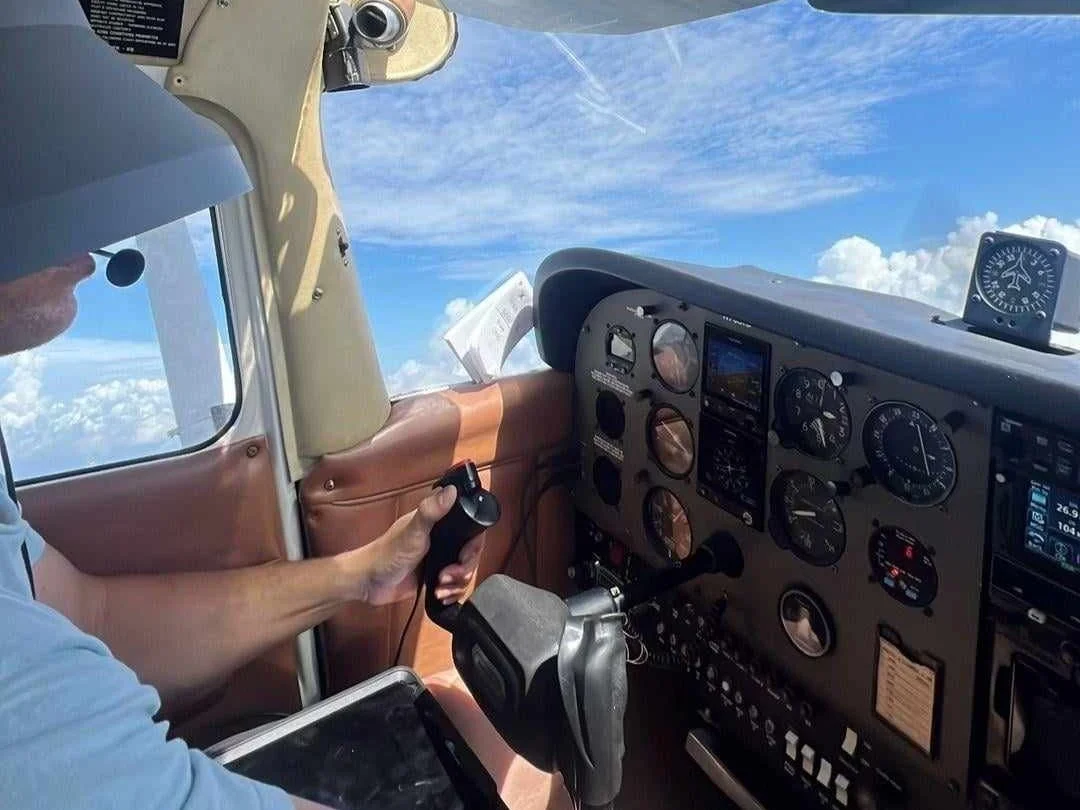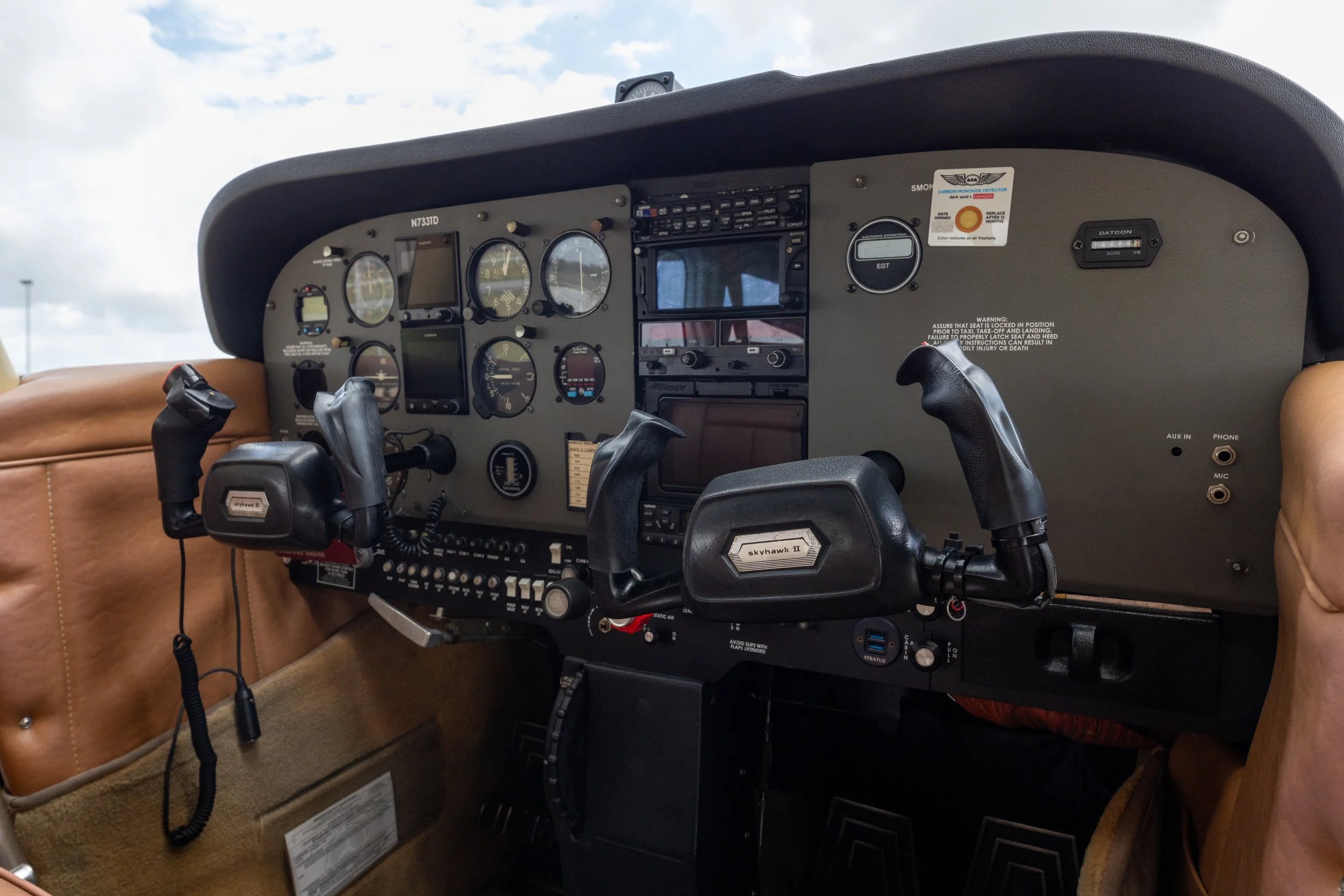
Earn your
INSTRUMENT (IFR) RATING
Instrument Rating
The Instrument Flight Rules (IFR) Rating is your second step in aviation. The IFR rating gives you the freedom to fly in low visibility weather and experience necessary to navigate through weather that is less than the minimums prescribed for flying by visual reference. Most private pilot accidents occur when VFR pilots fly into instrument meteorological conditions. The knowledge gained from being able to fly an aircraft solely by reference to instruments adds confidence and ability to your growing experience. This course will make you a more confident pilot.
ELIGIBILITY
A pilot who applies for an instrument rating must:
Hold at least a third class medical
Hold at least a current private pilot certificate, or be concurrently applying for a private pilot certificate
Be able to read, speak, write, and understand the English language
Have received and logged ground instruction on the required aeronautical knowledge areas, have received and endorsement stating you are eligible to take the knowledge test, and pass the required knowledge test
Pass the required practical test
Non-US citizen students will need TSA clearance before beginning training
AERONAUTICAL EXPERIENCE REQUIRED
50 hours of cross-country flight time as pilot in command
40 hours of actual or simulated instrument time
Instrument flight training on cross country flight procedures, including one cross country flight in an airplane with an authorized instructor that is performed under instrument flight rules, when a flight plan has been filed with an air traffic control facility, and that involves:
A flight of 250 nautical miles along airways or by directed routing from an air traffic control facility;
An instrument approach at each airport; and
Three different kinds of approaches with the use of navigation systems


